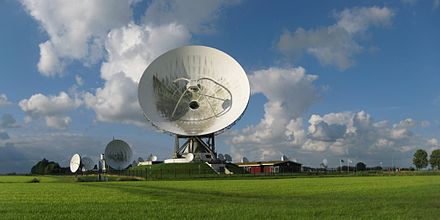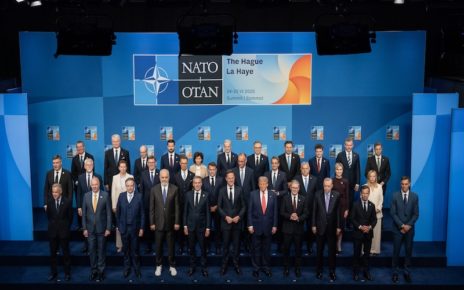In the 1962 Cuban Missile Crisis, Americans blocked the Soviet Union from placing nuclear weapons on Cuban soil, bringing the world to the brink of nuclear warfare. That is why when Russia opened Lourdes Spy Base in 1964; it was clear that peace was still a distant goal for the two states.
The facility, formally called Lourdes SIGINT (Signals Intelligence) Station, is located near Havana, less than 250 kilometres off the coast of Florida. For the next 37 years, the station served as a listening post for a reported 3000 Russian spies, technicians, and security personnel. Its primary function was to intercept a wide variety of communications, including those from Florida’s space centres to American spacecraft. The 72 square kilometre complex was reportedly responsible for 50% of intercepted radio transmission intelligence.
Lourdes appears to be at least partly a symbolic projection of Russian power.
In 2001, Vladimir Putin closed the station as a gesture of good will towards the United States. Although the estimated lease of $200 million USD a year, and irrelevance of cold war era listening posts likely contributed to his decision.
However, Lourdes is reportedly opening back up for business.
First reported by the Russian newspaper Kommersant on Wednesday, July 16, the story was seemingly confirmed when numerous media outlets quoted Kremlin sources in the following days. Colonel General Leonid Ivashov, formerly a major player in Russia’s Ministry of Defence and now Vice-President of the Academy of Geopolitical Affairs, recently stated that Lourdes was closed in 2001 because Russia was under the impression that by liquidating the facility, relations between Moscow and Washington would improve. Since Putin reclaimed the Presidency in 2012 relations have soured, most recently with Washington sanctioning Russia over aggressions in Ukraine. Additionally, some senior legislators in Russia’s State Duma have advocated withdrawing from the New START nuclear reductions treaty. It is clear that relations between the two states are deteriorating, which would be a significant motivator for re-opening Lourdes.
However, Lourdes offers little advantage, as technological advances in the post-Cold War era have rendered listening posts like this relatively obsolete. Gene Poteat, the President of the Association of Former Intelligence Officers (and an ex-CIA scientist specializing in SIGINT) has gone on recordsaying that the “Russians have good facilities inside the US. They have that new embassy in Washington, DC on a hill overlooking the whole East Coast. It’s designed to be an ideal location to intercept all sorts of signals and communications. They have trawlers off our coast. They have planes flying on our periphery”. And while the U.S. also routinely flies off the coast  of Russia performing surveillance activities, Lourdes appears to be at least partly a symbolic projection of Russian power.
of Russia performing surveillance activities, Lourdes appears to be at least partly a symbolic projection of Russian power.
That being said, while the opening of a spy base so close to 21 military bases located in Florida has shocked some in the security community, the planned re-opening is perfectly in-line with other Russian advances. Russia has re-opened similar signal intelligence bases in extreme environments, despite the trend in the West of downsizing remote stations in favour of processing information at home. This may be spurred on by the fact that China over the past 15 years has developed signal intelligence bases in Cuba as well.
Cuba would not only provide the Russians with a base in close proximity to the United States, but also give the Russians discrete access to the rest of the region. From Cuba one could fly to a third country, and easily change planes and identities, thus turning Cuba into an ideal intermediary state for Russian operatives.
The re-opening of Lourdes would also minimize the possibility of improving US-Cuban relations, thus drawing Cuba further into Russia’s sphere of influence. Additionally, given that in his recent Latin America tour Putin signed agreements with Brazil, Argentina and Cuba to establish positioning systems for GLOSNASS (Russia’s answer to America’s GPS system), it is clear that Russia is attempting to strengthen geopolitical relations with Latin America. This is being done amidst moves by the United States to isolate Russia in the international community.
Russian analysts like Ruslan Pukhov have noted“this base is extremely important for us” because “our spy ships are not in good shape and can’t get close to U.S. shores.” Despite the almost universal acceptance that this base would be important for Russia’s espionage operation, Putin has denied that Lourdes is reopening, and Washington officials have similarly dismissed the alleged reopening as “propaganda”.
Nonetheless, Putin has a history of being less than truthful to the International Community. While on his recent Latin American tour he forgave 90% of Cuban debt to the former Soviet Union (an estimated $32 Billion). This is being interpreted as a quid pro quo for re-opening the facility.
While it is likely Lourdes will be re-opening, for now the official status remains unclear.




